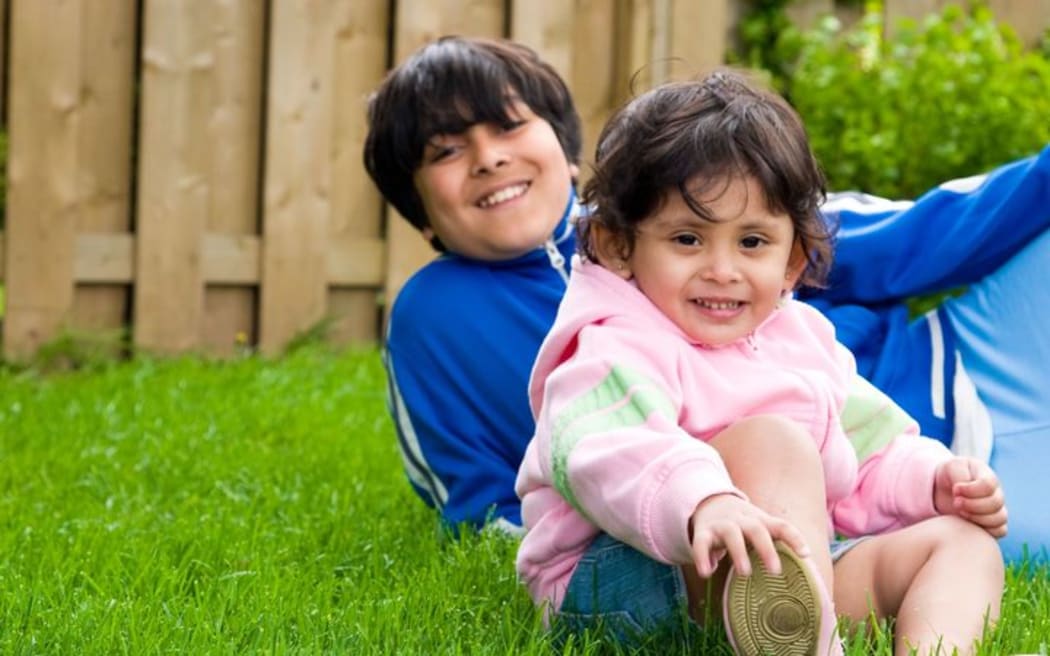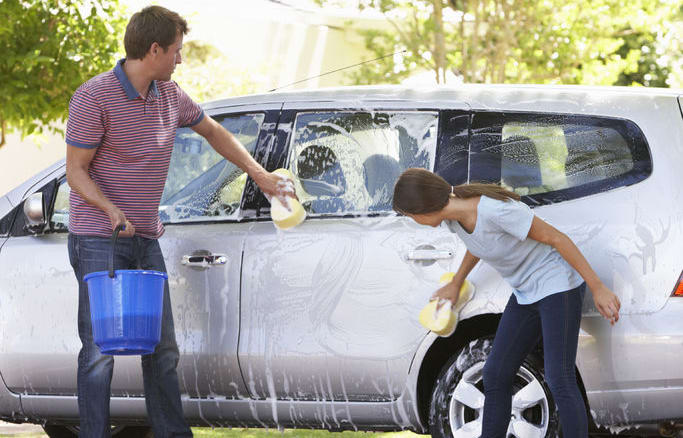Educator Joseph Driessen talks to Nine to Noon's Kathryn Ryan about growing independent children who have a strong sense of social responsibility.

Photo: Supplied
As small human beings, children have an innate drive to want to belong, contribute and feel valued by their "tribe" or family, he says.
Successful adults - at home, at work and in the community - have developed and practised this drive, and display a high degree of independence and social responsibility.
He says some families have a developed skills/culture to give their children the opportunity to develop this sense of belonging, contributing and accepting responsibility.
Other families don't practise these skills, and the children can stay passive, resistant, and "childish" for a much longer time than needed.
Some tips for families who would like to do this better:
- Create and communicate that your family is a team all working together for the benefit of all, and all making contributions.
- Create a family culture where you invite participation in decision making for fun times, e.g. going to the beach.
- Weave into the preparation for the event a list of what has to be done, and then get people to take turns to volunteer to make sure all is done.
- The parents’ job is to encourage and support the children as they do the jobs.
Remember, he says, micro management, perfectionist and criticism disempowers the child.
To introduce this shared responsibility to general family life sharing he recommends this approach:
- Have a (happy) family meeting where you discuss being team with all benefiting and all contributing.
- Make a list of the contributions, the jobs needed to be done and discuss as a family who would like to take responsibility for which job.
- Sit down with each child and brainstorm what their job description consists of.
- Type out a simple checklist for each child, so they can remember to tick the steps they need to do for each job.
- Coach them in the job by doing it together and ticking the checklist together
- Encourage the child to take ownership of the job and let them go for it.

Photo: stockbroker/123RF
Keep checking in with the child and their progress form this point on, he says:
- Ask the child the check in with you by the end of the day / week, with their check list.
- The parents’ job is to commend and encourage what went well and to ask the child how they feel and what they want to do differently
- Appreciation and commendation is the key
- Micromanagement, perfectionism and criticism disempowers and deflates the child
Once the family unit is in full swing, acknowledge all the good work, he says.
Regularly celebrate the family’s team work and while doing so have ongoing discussions asking for example ‘how we can do things even better?’
From time to time a child might lose focus or not enjoy their job. Joseph suggests this approach:
- When it is not working for you or the child, take time out to discuss how to solve it, and change the jobs around if needed
- Ask a sibling to be part of ‘working meeting’ to brainstorm solutions
- Decide jointly in a new plan
“If you do this as a parent you are coaching your children about taking ownership, feeling good to be a part of a team, about discussion about the freedom to speak their mind and about nurturing and caring.”

